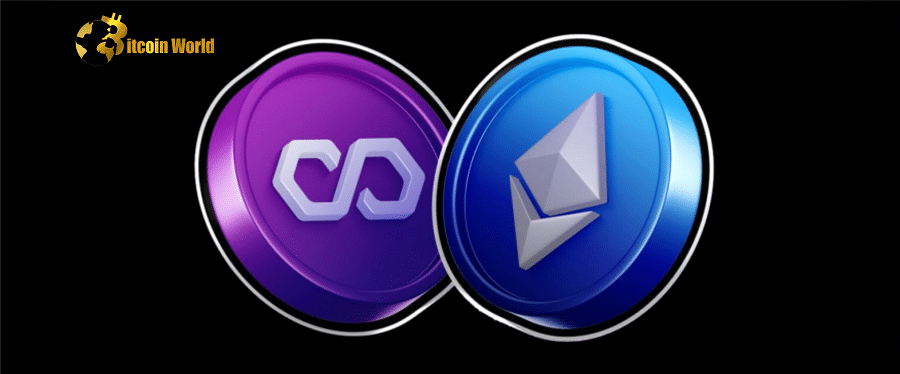In the ever-evolving world of blockchain, scaling solutions are paramount. Polygon emerges as a key player, offering a decentralized platform to enhance Ethereum’s capabilities. But what exactly is Polygon, and why is it gaining so much traction?
Understanding Polygon: More Than Just a Sidechain
Polygon is designed as a decentralized Ethereum scaling platform, enabling developers to build scalable and user-friendly dApps with low transaction costs without sacrificing security. The Polygon Lightpaper describes it as a protocol and framework for building and connecting Ethereum-compatible blockchain networks.
To clear up any confusion, let’s break down Polygon’s architecture:
- Matic Plasma Chain & Polygon PoS Chain: The majority of activity occurs on the PoS chain.
- PoS Chain as a ‘Sidechain’: It has its own permissionless validator set (100+ staking MATIC), meaning it doesn’t rely on Ethereum’s Proof-of-Work (PoW) security.
- Commit-Chain: The PoS chain commits to Ethereum, with validator/staking logic residing as a smart contract on Ethereum.
- Ethereum Dependency: If Ethereum goes offline, so does the Polygon PoS chain.
- Ethereum Finality: Polygon checkpoints itself to Ethereum, providing Ethereum-based finality and enabling recovery in catastrophic events.
Polygon’s Impact on Ethereum and Layer-2 Solutions
According to Bloomberg Intelligence’s February 2023
Disclaimer: The information provided is not trading advice, Bitcoinworld.co.in holds no liability for any investments made based on the information provided on this page. We strongly recommend independent research and/or consultation with a qualified professional before making any investment decisions.




